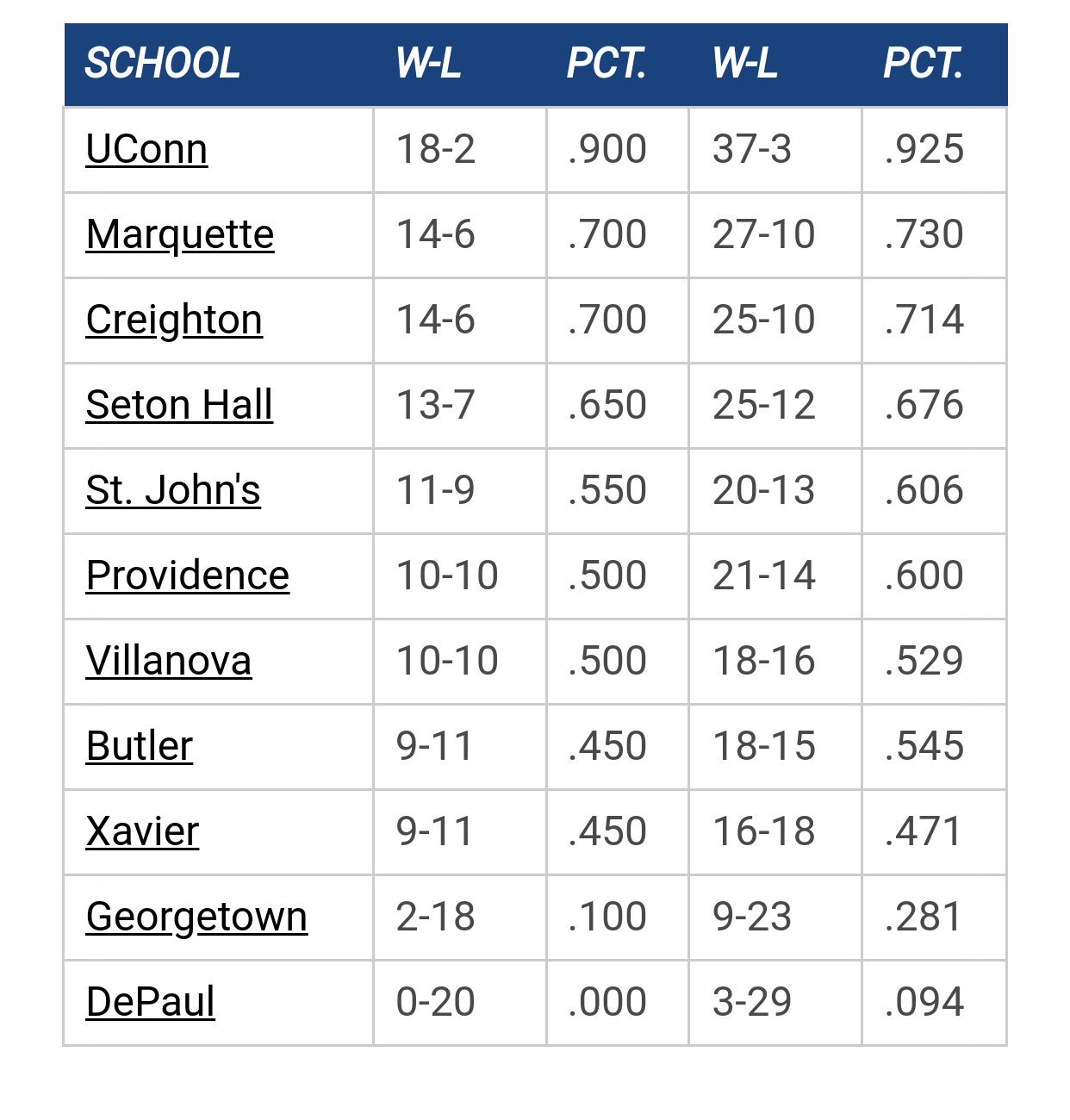- Welcome to MUScoop.
2025-26 College Hoops Thread by GoldenEagles03
[Today at 10:00:25 AM]
2026 Transfer Portal Wishlist by MUbiz
[Today at 09:54:34 AM]
The Portal by muwarrior69
[Today at 09:07:39 AM]
Shaka Smart 02/18/2026 by mug644
[Today at 09:06:57 AM]
[Cracketology] Top-16 Preview by Johnny B
[Today at 08:46:40 AM]
Analysis of the Move by WarriorFan
[Today at 08:40:59 AM]
MU/St.John's Game Thread by 88Warrior
[February 19, 2026, 11:50:58 PM]
[Today at 10:00:25 AM]
2026 Transfer Portal Wishlist by MUbiz
[Today at 09:54:34 AM]
The Portal by muwarrior69
[Today at 09:07:39 AM]
Shaka Smart 02/18/2026 by mug644
[Today at 09:06:57 AM]
[Cracketology] Top-16 Preview by Johnny B
[Today at 08:46:40 AM]
Analysis of the Move by WarriorFan
[Today at 08:40:59 AM]
MU/St.John's Game Thread by 88Warrior
[February 19, 2026, 11:50:58 PM]
The absolute only thing required for this FREE registration is a valid e-mail address. We keep all your information confidential and will NEVER give or sell it to anyone else.
Login to get rid of this box (and ads) , or signup NOW!
Georgetown Date/Time: Feb 24, 2026, 6:00pm TV: NBC SN Schedule for 2025-26 |
||||||
User actions


